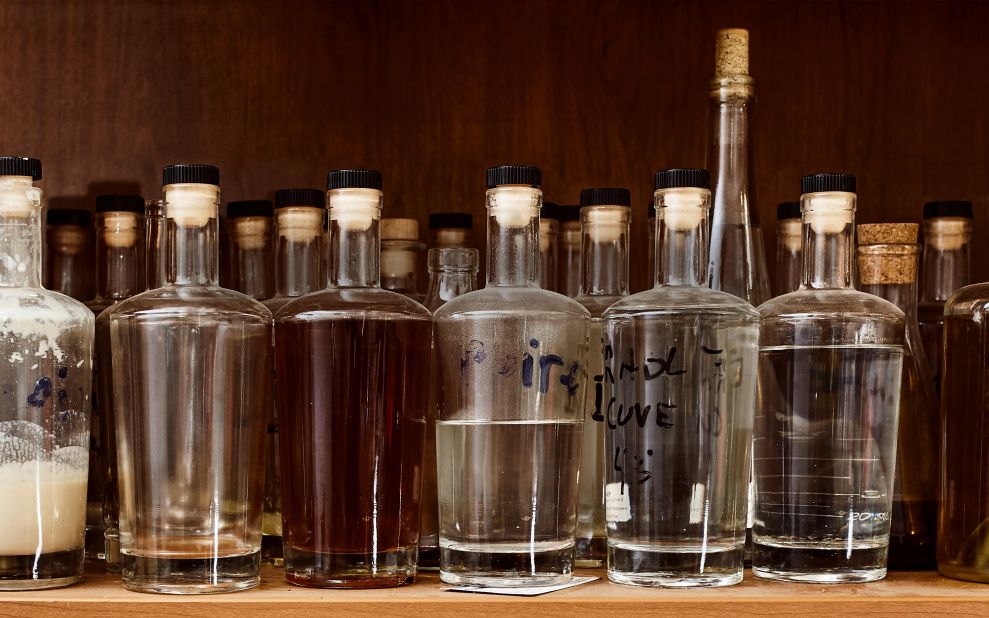The history of distilling in Québec
1769
The first Canadian distillery to produce rum made with imported molasses is built in Québec City, the St. Roc Distillery.
Late
18th century
Under the English influence, grain alcohol finds favor. Québec whisky comes into being. A number of distilleries produce their malt, a basic element of whisky, themselves, while others collect unsold beer and distill that.
1830
The consumption of strong liquor is widespread, and the clergy creates a temperance movement to deal with drunkenness. In the years that follow, adherents to the movement call for the prohibition of alcohol.
1840
Canada, which now boasts more than 200 distilleries, is regarded as a producer of remarkable spirits of great quality.
Late
19th century
The spirits market in Québec reaches saturation point to the benefit of beer (looked on in a more favorable light by temperance campaigns), and the tax on whiskey and local brandies increases. This change in direction will bring about the closing of numerous distilleries, large and small.
Between 1900
and 1920
Provinces in Canada pass laws declaring prohibition. In Québec, the outlawing is considered a radical step, and moderation is advocated over an outright ban. As a result, prohibition lasts only a few weeks in the province.
1921
In Québec, the Alcoholic Beverages Act is passed to provide a framework for alcohol production. That law gives rise to the creation of the Commission des liqueurs, the predecessor of the Société des alcools du Québec (SAQ), which from this point holds a monopoly on the import, transportation and sale of alcohol in the province. Despite a number of modifications, it is essentially that law that prevails in Québec to this day.
1999
Michel Jodoin launches the first microdistillery in Canada, in Rougemont.
2010 to 2014
Three other pioneering microdistillers join the industry. These are Domaine Pinnacle, Les Subversifs and Les Vergers Lafrance.
2014
Québec’s microdistilleries band together to create an association whose mission is to encourage the development of this expanding Québec industry.
2017
Tasting and sale at production sites are now authorized for all microdistilleries.
2020
The number of microdistilleries is increasing rapidly. In a collaborative spirit, these firms contribute to their local economies and spotlight Québec internationally thanks to their distinctive products.
